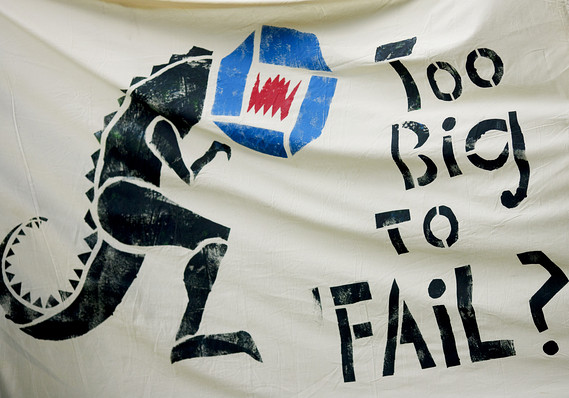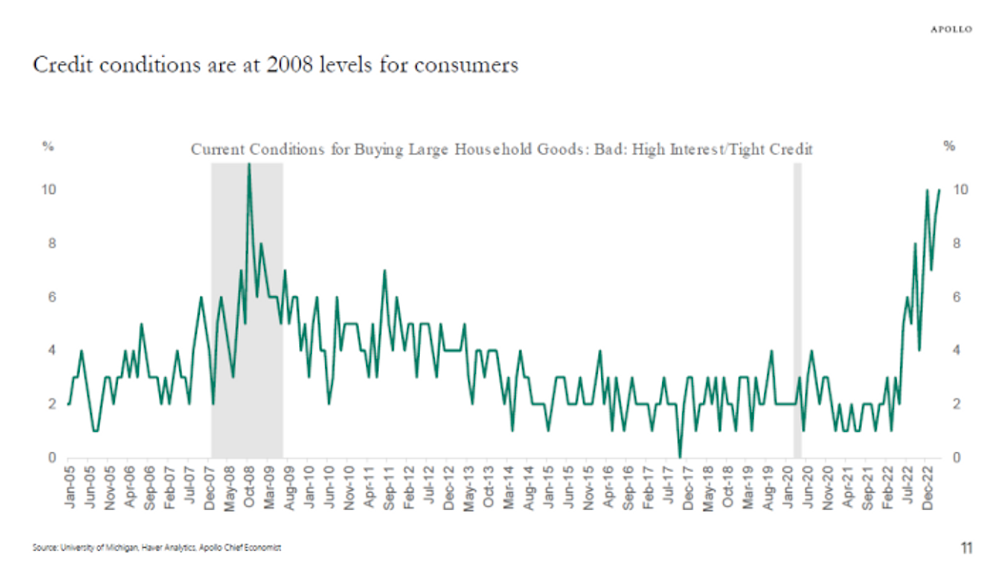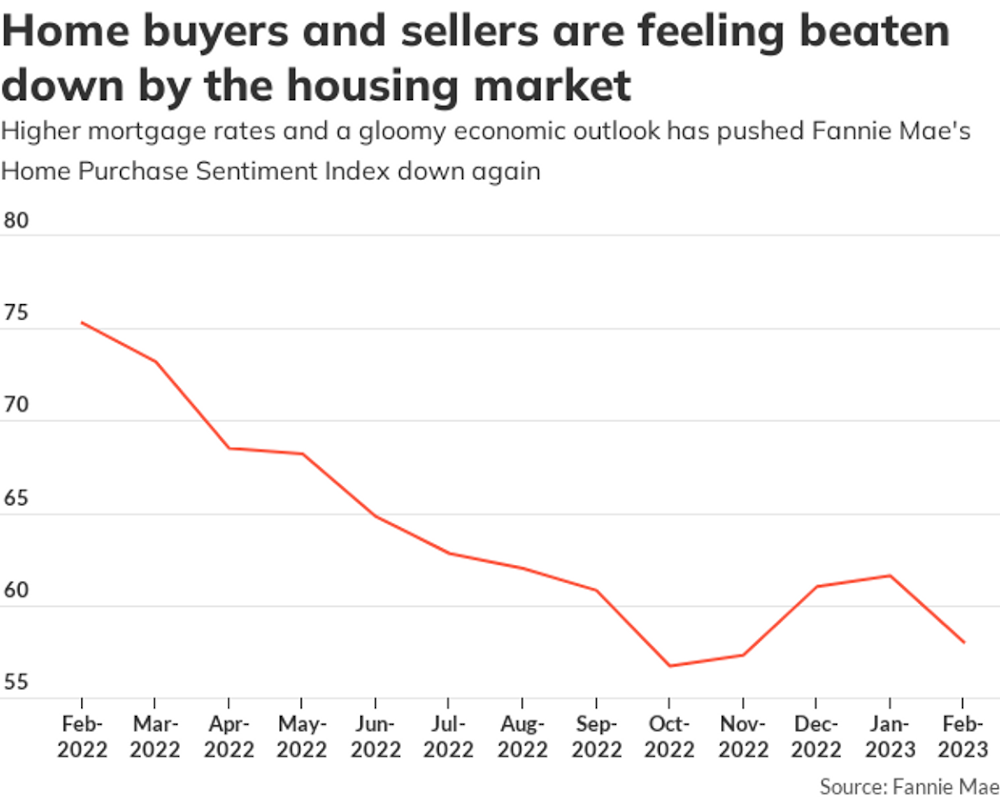By Paul Hannon
Consumers in the 17 countries that share the euro became more pessimistic
about their prospects in November, a first weakening of confidence in a year
that adds to concerns about the sustainability of the currency area's weak
return to economic growth The European Commission said its preliminary estimate for the headline measure of consumer confidence in the currency area fell to minus 15.4 from minus 14.5 in October
Prior to that drop, an improvement in consumer confidence had been under way since December 2012, largely reflecting a slowly building conviction that the worst of the euro zone's fiscal and banking crisis had passed, and that a catastrophic breakup of the currency area was becoming less likely
Although the euro-zone economy returned to growth in the three months to June after six quarters of contraction, it slowed again in the third quarter, while the rate of unemployment hit a fresh record high, a development that likely undermined confidence
The fresh decline in confidence suggests that consumer spending is unlikely to pick up significantly in coming months, retarding broader economic growth and likely ensuring that the annual rate of inflation remains worryingly low
The release of the consumer confidence survey comes on the same day that a survey of businesses indicated that activity slowed in November, underscoring concerns about the region's economic prospects just a week after a weak report on gross domestic product
The euro zone Purchasing Managers' Index fell to 51.5 in November from 51.9 in October, according to data firm Markit, which compiles the figures based on a survey of purchasing executives
Index readings above 50 signal expansion, while numbers below 50 indicate falling activity
Rising confidence was one reason consumer spending picked up slightly in the second quarter of this year, helping the economy return to growth after a contraction that lasted 18 months
Figures released by the European Union's official statistics agency indicate that pickup in spending may have faltered towards the end of the third quarter, with retail sales having fallen in September




















1 comentario:
FRANKFURT--German retail sales unexpectedly dropped in October, indicating that business on the high streets has remained slack ahead of the Christmas season.
Retail sales declined 0.8% from September and sales volumes hit the lowest level since December 2012, data from the federal statistics office showed Friday, falling short of economists' forecasts for an increase of 0.5% on the month.
The monthly data are adjusted for inflation as well as seasonal swings.
However, the overall trend remains slightly positive, with German retail sales in the first 10 months of the year up 0.2% on the year.
October's German retail sales were down 0.2% on the year, owing to a 1.5% drop non-food sales. Sales of food, drink and tobacco increased 1.1% in October from the same month a year earlier.
The data should be taken with pinch of salt, as they can be subject to heavy revisions. It is also too early to say what the weaker-than-expected results mean for total private consumption, as retail sales have a share of about 25% of private consumption in Germany.
Publicar un comentario